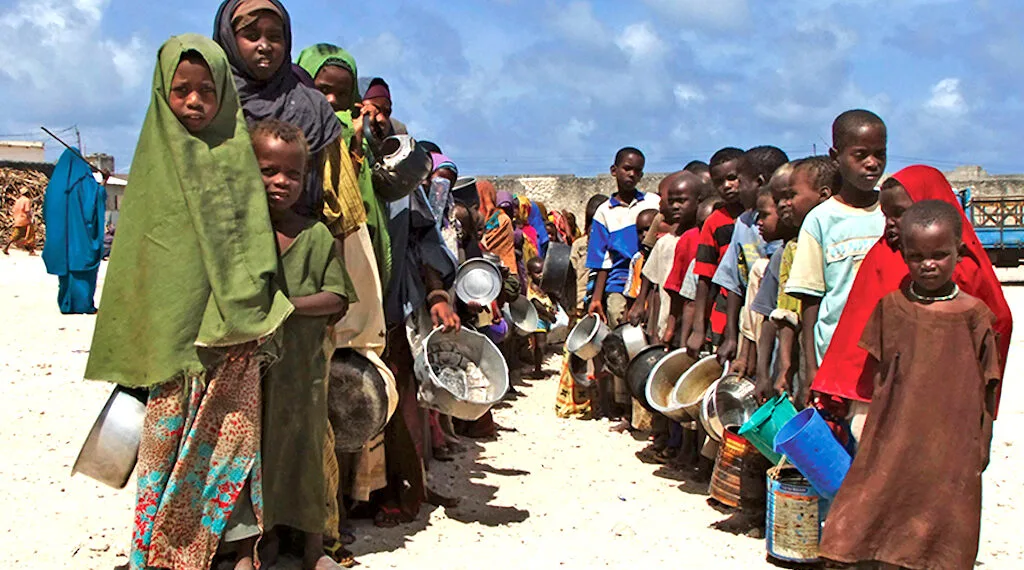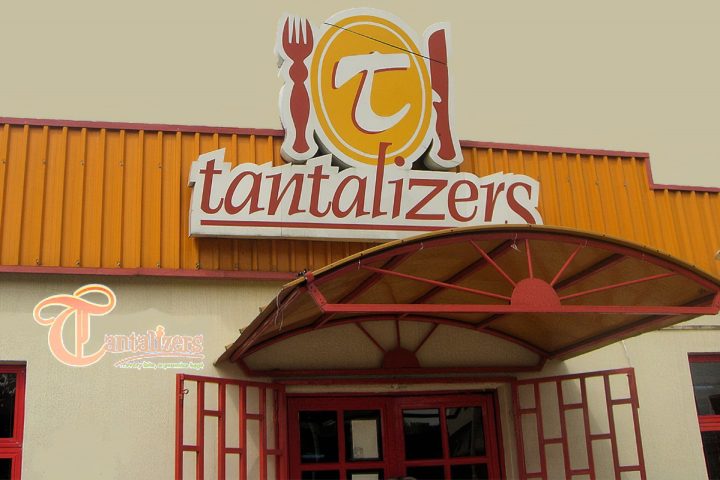A growing hunger crisis is gripping Nigeria, with a staggering 31 million people now struggling with food insecurity. The causes of this crisis are numerous, ranging from escalating insecurity across the country to economic challenges. According to a recent report by Cadre Harmonisé, an analysis focused on food insecurity, this rise in hunger is “driven by the lingering insecurity, agricultural disruptions, abnormal spikes in food prices, soaring inflation, and the removal of petroleum subsidies.”
The implications of these issues are far-reaching, affecting not only food availability but also the overall cost of living. Without immediate humanitarian intervention, experts warn, the situation could deteriorate even further.
Join our WhatsApp ChannelInsecurity at the Heart of Nigeria’s Hunger Crisis
For years, insecurity, particularly in northern Nigeria, has hindered agricultural production. Farmers are unable to cultivate their lands safely, which has led to a drop in food production and significant market disruptions. Prices of staple foods like beans, onions, and cassava flour have soared, with some regions reporting unprecedented price hikes.
Sokoto, once a major food-producing state, has seen its agricultural output diminish drastically. The state is known for its production of beans, groundnut, wheat, and tomatoes, but insecurity has made it difficult for farmers to operate optimally. Plateau State, another major agricultural hub, is also facing similar challenges, with prices of sorghum, maize, and potatoes rising sharply.
“The insecurity has made farming a dangerous venture,” said a local farmer in Sokoto. “We can no longer tend to our crops without fear of attacks. This is not just affecting us but the entire nation.”
The Economic Impact: Food Prices Soar
Beyond insecurity, economic factors are also driving the hunger crisis. Inflation rates in Nigeria have surged, causing food prices to rise even further. The depreciation of the naira against the dollar and the removal of fuel subsidies have added to the burden, making transportation costs unbearable and further escalating the cost of living.
READ ALSO: We Need Collective Effort To Tackle Food Insecurity, Rural Underdevelopment – Don
The United Nations World Food Programme (WFP) has issued repeated warnings about the risk of widespread hunger in Nigeria. “Millions of Nigerians are at risk of hunger as the prices of food continue to skyrocket,” said David Stevenson, WFP’s Country Representative. “Restoring peace and stability is essential if we are to mitigate the effects of this crisis.”
Stevenson emphasised that urgent action is needed to restore agricultural productivity, particularly in the northeast, where conflict has disrupted food production for years. “The northeast has the potential to be the food basket of the country,” he said. “But peace is essential for us to unlock that potential.”
Food Insecurity in Rural Communities
Rural communities are at the forefront of this crisis, as many are directly involved in food production. In the northern regions, insecurity has made farming impossible, leaving families without any means of livelihood. Farmers in Borno, Adamawa, and Yobe states are particularly vulnerable, as they face constant threats from insurgents.
The Office for the Coordination of Humanitarian Affairs (OCHA) in Nigeria has reported that food insecurity and malnutrition are among the main drivers of humanitarian need in these states. “People are forced to adopt negative coping mechanisms like child labor and survival sex just to stay alive,” said Trond Jensen, head of OCHA in Nigeria.
Jensen pointed out that dozens of farmers have lost their lives or been abducted while attempting to farm outside the security perimeters in Borno. “With limited farming land and few livelihood options, people are risking their lives to survive,” he added.
Urgent Need for Intervention
With the crisis deepening, there is a growing consensus that both federal and state governments, alongside international donors, must act swiftly to address the situation. Targeted humanitarian interventions, such as food assistance and agricultural support, are essential in mitigating the impact of this hunger crisis.
“If we don’t take immediate action, the situation will worsen, and millions more will fall into severe food insecurity,” warned a representative from the Cadre Harmonisé initiative. “Humanitarian efforts must be increased, and long-term solutions must be found to rebuild resilience in affected communities.”
The UN is calling for a comprehensive approach that addresses the root causes of the crisis. According to the WFP, restoring peace in conflict-affected areas, stabilising the economy, and investing in agricultural development are crucial to averting a potential disaster.
A Call for Long-Term Solutions
While emergency interventions can provide short-term relief, experts agree that long-term solutions are necessary to ensure sustainable food security in Nigeria. This includes addressing the insecurity that has crippled agricultural production, improving economic stability, and supporting local farmers with resources and training.
“The government must prioritize food security as a national issue,” said an economist in Lagos. “Investing in agriculture, providing safety nets for farmers, and stabilizing food prices are critical steps in ensuring that this crisis does not spiral out of control.”
In addition, there is a need for better coordination between federal and state governments, as well as stronger partnerships with international organisations. The recent floods that devastated farmlands in many states have compounded the crisis, highlighting the need for climate-resilient agricultural practices and better disaster preparedness.
Conclusion: The Urgency of Action
Nigeria’s hunger crisis is not a problem that can be ignored. With millions of lives at stake, immediate and sustained action is essential. Restoring peace, stabilising the economy, and investing in agriculture are key to reversing the current trend and ensuring that Nigerians have access to sufficient and affordable food.
“The time to act is now,” said Stevenson of the WFP. “If we wait any longer, the consequences will be devastating for millions of Nigerians.”
The focus must remain on building pathways to agricultural production, supporting vulnerable communities, and ensuring that food insecurity does not become a permanent feature of life in Nigeria.
Emmanuel Ochayi is a journalist. He is a graduate of the University of Lagos, School of first choice and the nations pride. Emmanuel is keen on exploring writing angles in different areas, including Business, climate change, politics, Education, and others.
- Emmanuel Ochayihttps://www.primebusiness.africa/author/ochayi/
- Emmanuel Ochayihttps://www.primebusiness.africa/author/ochayi/
- Emmanuel Ochayihttps://www.primebusiness.africa/author/ochayi/
- Emmanuel Ochayihttps://www.primebusiness.africa/author/ochayi/



















Follow Us